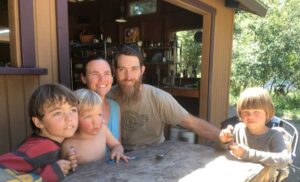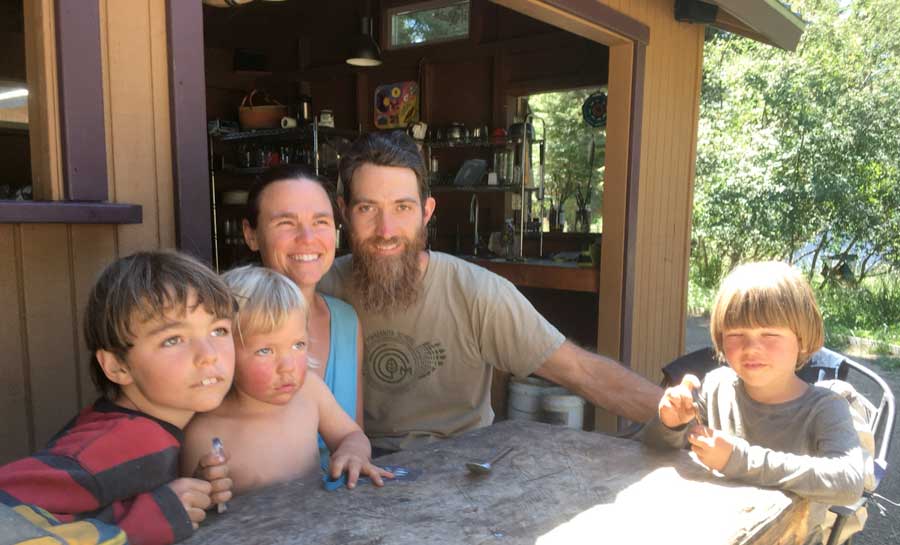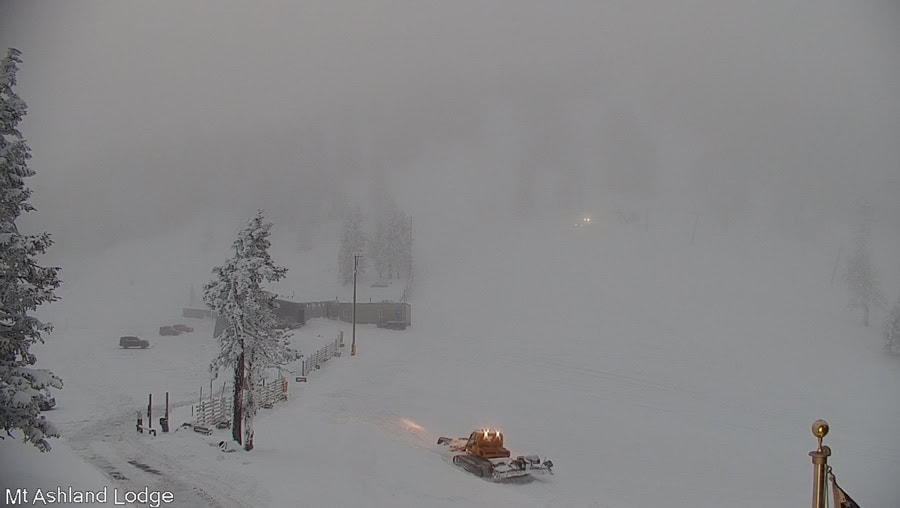ScienceWorks, Southern Oregon Climate Action Now to host compost education events
By Debora Gordon for Ashland.news
Southern Oregon residents interested in learning more about composting have multiple upcoming chances to get acquainted with the details of scraps-to-soil and its importance and role in a changing climate.
Such offerings include an event set for 11 a.m. to 2 p.m. Sunday, Sept. 7, at ScienceWorks Hands-On Museum, 1500 E. Main St., Ashland, where participants will be able to make a their own miniature compost system inside a glass jar.
“With a little bit of food scraps, dry leaves, paper, soil, and water, plus a lid with small ventilation holes, participants will set the stage for nature’s recyclers — microbes and fungi — to get to work,” the ScienceWorks notice reads.
Later in the month, Southern Oregon Climate Action Now will host a composting workshop. The event, set for 6 to 7:30 p.m. Wednesday, Sept. 25, at the Ashland Public Library, 410 Siskiyou Blvd., is intended to teach attendees “how composting can reduce waste” and lower a carbon footprint.
There are also multiple weekly chances for area residents to drop off their food scraps at the Ashland Tuesday Market. Event attendees can bring their food scraps between 8:30 a.m. and 1:30 p.m. Tuesdays to the market, also held at ScienceWorks Hands-On Museum, to deposit it in on-site bins for the Ashland Climate Collaborative.
“At the end of the day, this ‘black gold’ is donated to local farms so they can use it to enrich their soil,” the ACC website reads.
Additional upcoming events can be found in the Community Compost Coalition Newsletter and Southern Oregon Food Solutions websites.
The case for compost
“’Compost’ is a noun, it is what happens to a process combining air, water, nitrogen and carbon,” said Flavia Franco, a Southern Oregon Food Solutions volunteer. “It is how the raw material of food scraps or manure get reduced back down to their source elements and they become fodder for the future growing of things.”
Franco, who started with SOFS in 2019, said the organization was inspired by the book “Project Drawdown” by Paul Hawken and was formed to focus on food waste reduction.

SOFS officials carry out this mission “through education and working in community to solve problems by donating surplus food and preventing food waste,” Franco said.
Numerous strategies for food waste prevention can be found on the Ashland Climate Collaborative website. Limiting food waste and composting are necessities as climate change continues to destabilize weather cycles that plants will need time to adapt to, Franco said. Composting can also help mitigate landfill use.
“The East Coast is pushing composting very hard, and the franchise agreements, the waste haulers, have to come up with a strategy for that because the volume is so large,” Franco said. “It’s a dense population, the East Coast, compared to here, and they also have soil depletion issues.”
Such East Coast landfills don’t have much room left, and learning to prepare locally so a similar capacity is not reached as quickly will benefit future generations, Franco said.
“If I had a magic wand, I would want to see more people in the Rogue Valley integrated into their local food system, and I would want to see our local food system thriving,” Franco said. It really won’t thrive unless more people plug into it and if we all had a magic wand, and we focused on the same things.”
Franco points out that food security is a national unfolding crisis, due to the cuts by the federal government and depletion of natural resources such as soil and impacts to oceans.
“Our little food bank is on the front lines. As wealth inequality grows, food banks will come under increasing pressure. It is time to get serious about food waste reduction,” Franco said. “Community Compost is an example of how a community coming together to solve common problems, and that solution can turn into a win for local farms.”
And a win for everyone else, too.
Debora Gordon is a writer, artist, educator and non-violence activist who moved to Ashland from Oakland, California. Email her at [email protected].
Aug. 28: Quote from Ashland Climate Collaborative updated to remove reference regarding hauling away scraps; ACC does not haul scraps.



















